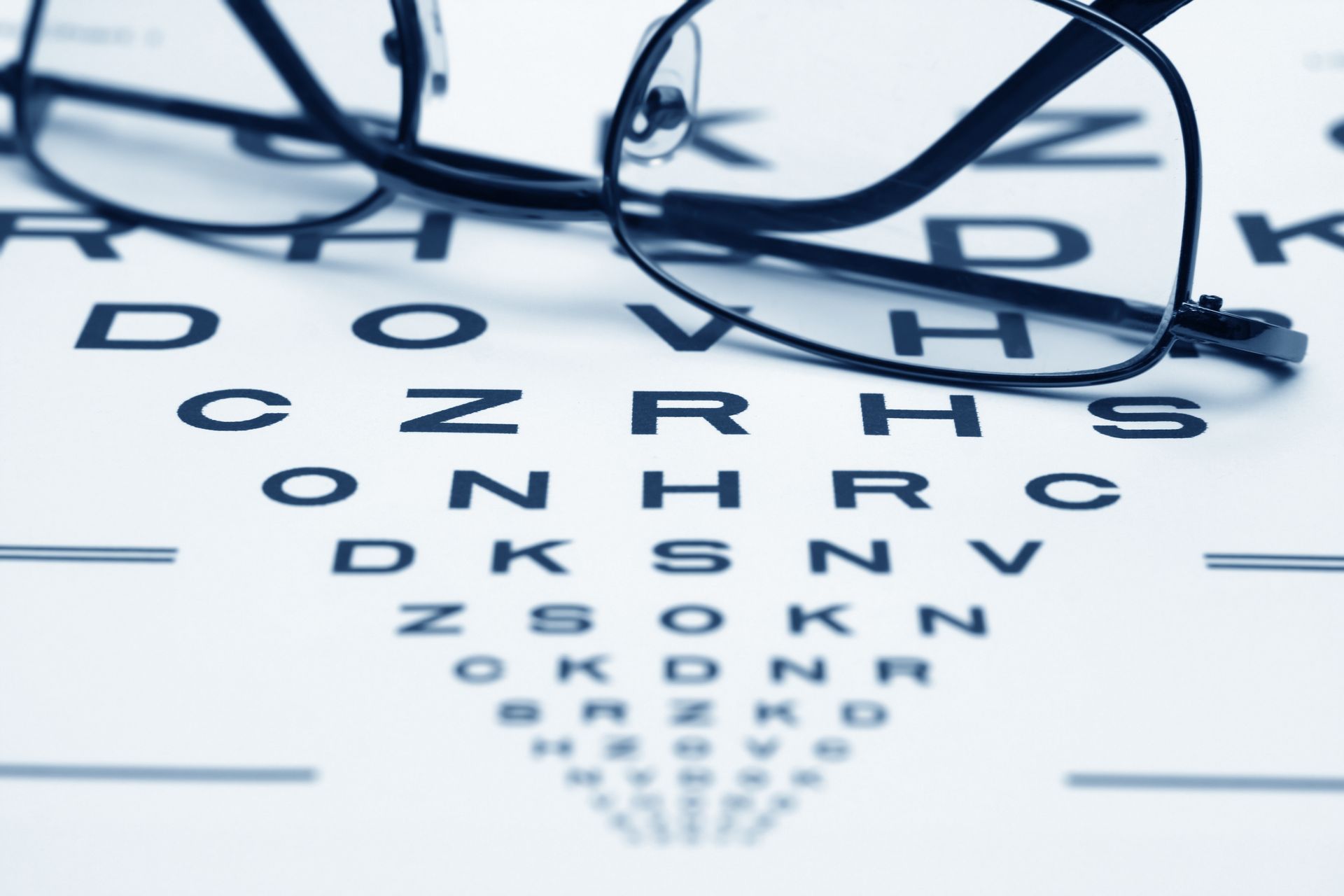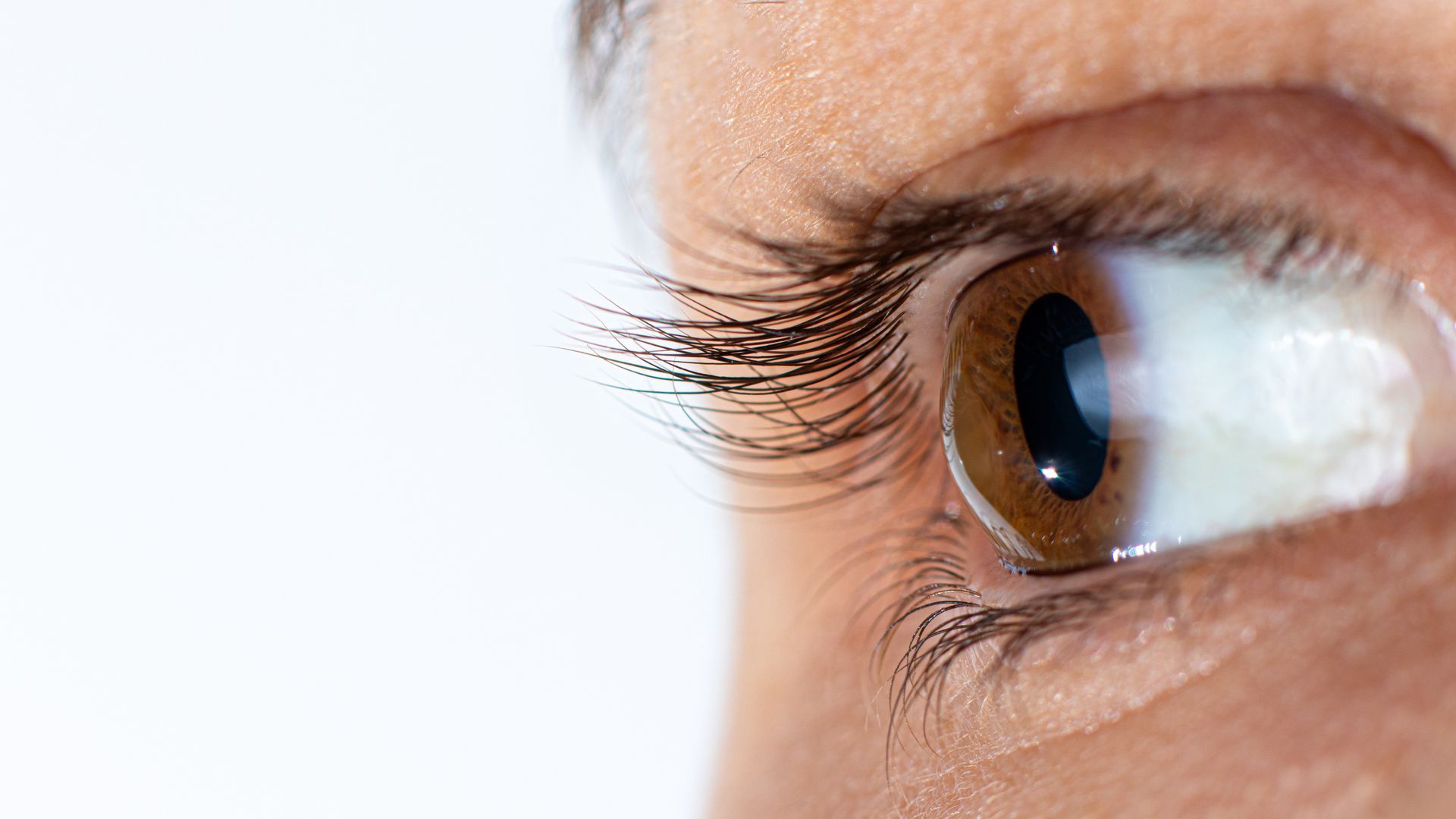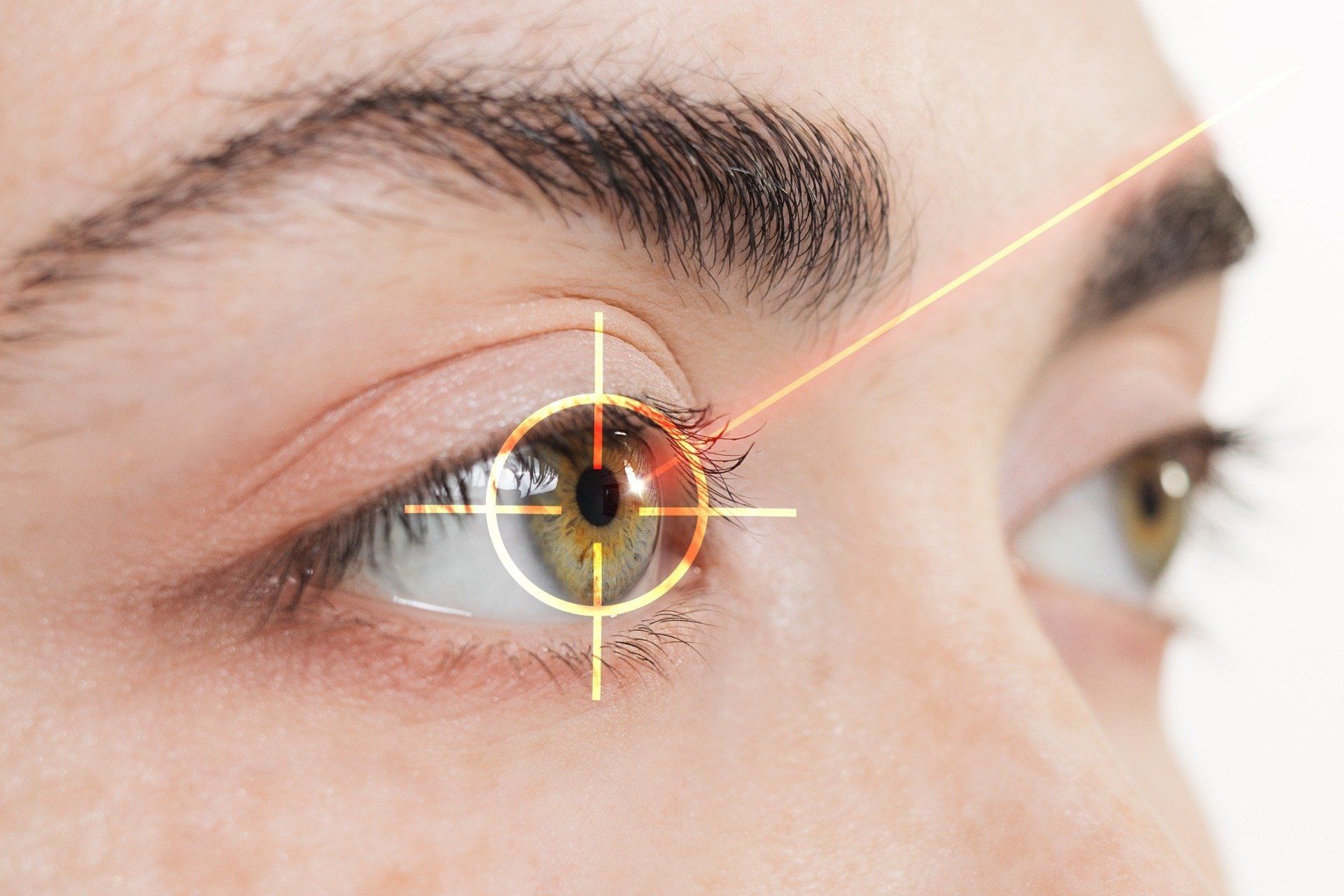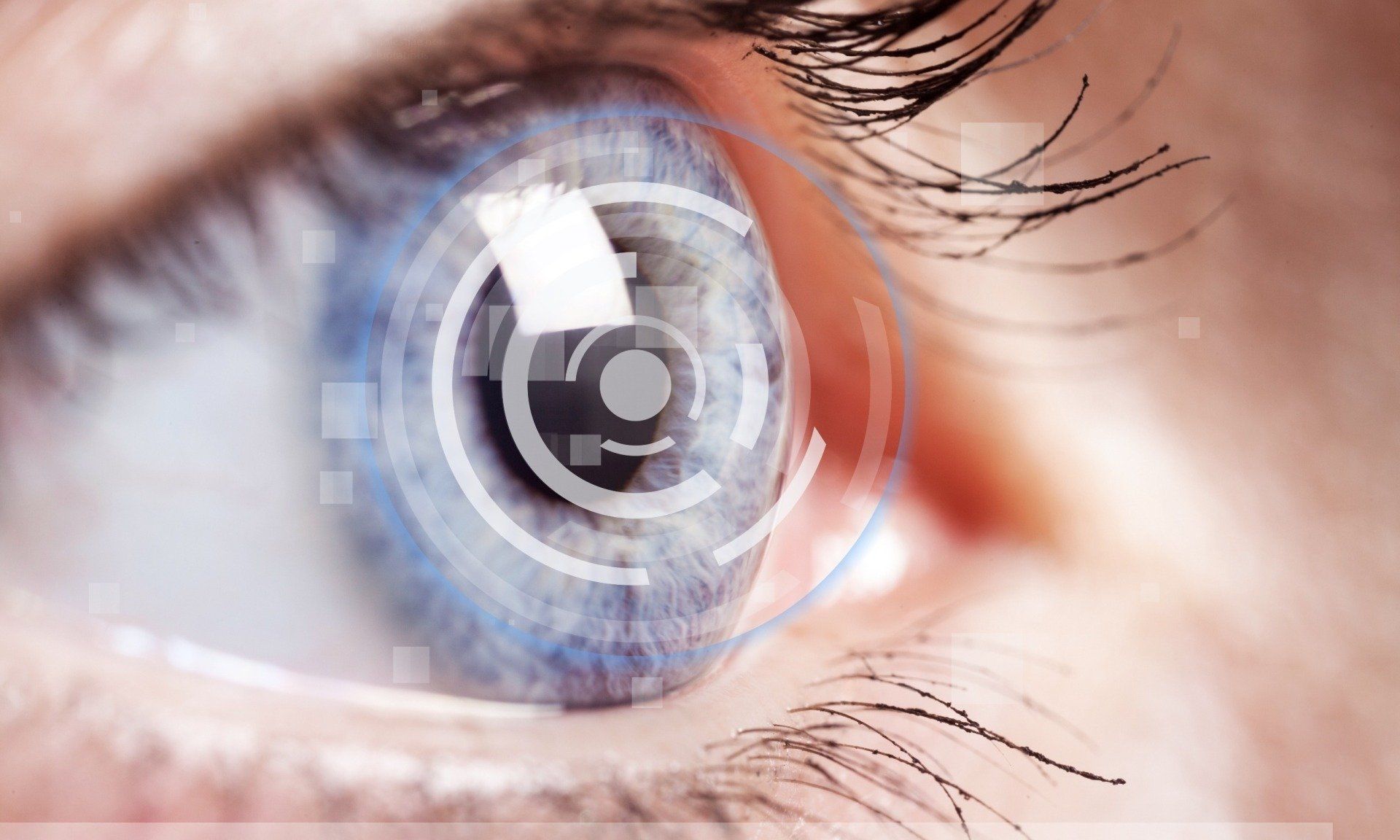How Long After Cataract Surgery Can You Drive?
Cataracts, which are characterized by clouding of the eye, affect millions of people on a daily basis – with more than half of all Americans above the age of 80 either having cataracts or having surgery to treat cataracts. The condition causes blurred vision, faded colors, and more.
With cataract surgery, cataracts are removed when eye surgeons replace the cloudy lens with an artificial lens – known as an intraocular lens (IOL). The new lens is designed to mimic the eye’s natural crystalline lens, ensuring light can pass through the lens and onto the retina properly – improving visual clarity.
While cataract surgery is one of the most common – and safest – procedures performed on the eye, patients often have a lot of questions and for good reason. For example, one of the most common questions we receive from new patients is ‘When can I drive after cataract surgery?’
So, Can You Drive After Cataract Surgery?
Before the procedure begins, your eye surgeon will give you local anesthesia to relieve any pain felt during surgery. While the procedure is an outpatient surgery and patients are allowed to go home after the surgery, patients are not allowed to drive – due to the use of anesthesia and difficulty with depth perception.
For this reason, cataract surgery patients must have a ride prepared for them in advance – please note you are not allowed to take a cab or Uber home, unless accompanied by a friend or relative. Complications are rare, but doctors want to know you’re being cared for post-surgery.
With that said, many patients will be able to pick up their driving 24 hours post-sugery. You’ll have an appointment with your eye doctor the day after surgery to monitor the progress and overall eye health – at which point, they’ll approve or deny your ability to drive safely.

How Long Does the Healing Process Take?
Most patients can expect the healing process to take anywhere from 4-6 weeks in total following cataract surgery. During that time, your vision will gradually improve – though you’ll start to notice those improvements right away. You can resume most daily activities after a few weeks.
Immediately following surgery, your doctor might have you wear an eye patch or shield over the affected eye. This is mainly used for protection and as a precaution, but you can usually remove it the following day. Patients are also asked to change some of their daily habits temporarily.
To ensure the healing process is both quick and successful, patients are urged to follow the specific directions and recommendations handed to them by their doctor. Since every patient is different and each requires a unique treatment plan, your doctor will know what’s best for you.
Are There Any Complications After Cataract Surgery?
In the days –and, potentially, weeks – following cataract surgery, patients can expect to experience grittiness, watery eyes, blurry vision, double vision, red or bloodshot eyes, and other minor symptoms that will eventually fade out as the eye continues to heal over time.
Let’s take a look at some of the potential complications that could come from cataract surgery – albeit rare:
- Infection - if germs and other bacteria enter the eye during surgery, it can cause an infection that spreads throughout the eye.
- Retinal Detachment - in some rare cases, cataract surgery can cause the retina to detach itself from the back of the eye.
- Fluid Buildup - some people may experience blurry vision as a result of fluid building up in the eye, normally caused by leaking blood vessels.
- Lens Fragments - although rare, tiny lens fragments can get left behind when removing the clouded lens from the eye.
- Dislocated Intraocular Lens (IOL) - this occurs when the replacement lens slips out of place, resulting in blurred or double vision.
- Secondary Cataract - also called a posterior capsule opacification (PCO), this happens when a cataract forms on the back part of the eye's natural lens.
- Floaters & Flashes - some patients might experience posterior vitreous detachment, which is when the vitreous detaches itself from the retina.
In addition to what’s listed above, patients might experience swelling, inflammation, increased intraocular pressure, droopy eyelids, and bleeding of the eye. If you experience any of these symptoms or conditions, don’t hesitate to reach out to your eye doctor for further assistance.
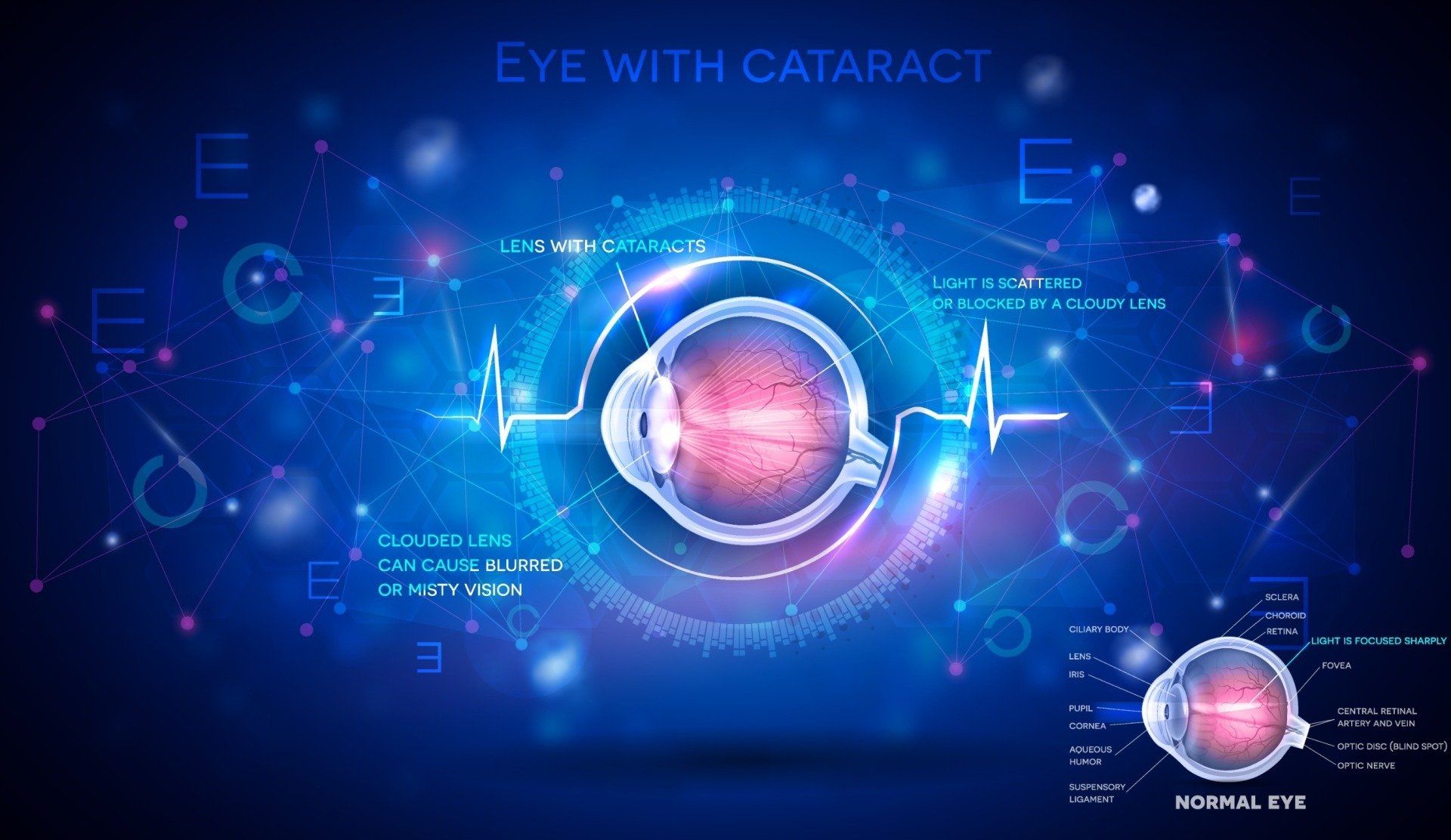
Other FAQ After Having Cataract Surgery
After undergoing cataract surgery, eye surgeon’s are going to have a list of directions for the patient to follow in the coming days and weeks – not driving after cataract surgery being one of them. To ensure a successful recovery process, patients should follow these directions carefully.
Here are some of the other frequently asked questions we receive often when recovering from cataract surgery:
- Can I look at my phone, laptop, or TV after cataract surgery? While you’re allowed to read, watch TV, and use your computer after surgery, we recommend doing so for short periods of time.
- Can I use eye drops after cataract surgery? Yes, in fact your doctor will give you prescription eye drops to use for the first month or so, while the eyes heal.
- When can I go swimming after cataract surgery? Most patients should avoid swimming for at least 4-6 weeks, though it might be longer for some.
- Can I still wash my face after cataract surgery? While you’re allowed to wash your face and shower right away, you should avoid getting water or shampoo in your eye. You should also avoid touching the eye.
- Is it safe to exercise following cataract surgery? Patients are urged to avoid any strenuous activity (housework, cleaning, exercising) or heavy lifting for several weeks. Most people can resume light exercise after 1-2 weeks.
- Can I wear makeup after cataract surgery? Patients should avoid wearing eye makeup for at least four weeks while the eye heals, including powders and foundation.
- When will I be able to fly after cataract surgery? Patients should avoid flying in an airplane for at least one week following cataract surgery.
Our final piece of advice when recovering from cataract surgery is to avoid rubbing or scratching your eyes – even if they itch. In fact, you should avoid rubbing your eyes at all times, whether you’re recovering from surgery or simply going about your day, due to the damage it can cause.
Contact Holly Springs to Schedule an Appointment
Are you starting to experience some of the warning signs of cataracts? Do you feel like you’re a quality candidate for laser cataract surgery? Are you interested in improving and preserving your vision for everyday life? If you answered ‘yes’ to any of these questions, contact us right away!
At Holly Springs Eye & Laser, we take pride in serving the Holly Springs community with quality eyecare services. Whether you’re interested in learning more about cataract surgery or want to schedule a comprehensive eye exam with Dr. Faraaz Khan, don’t hesitate to reach out to us.
Related Article:






